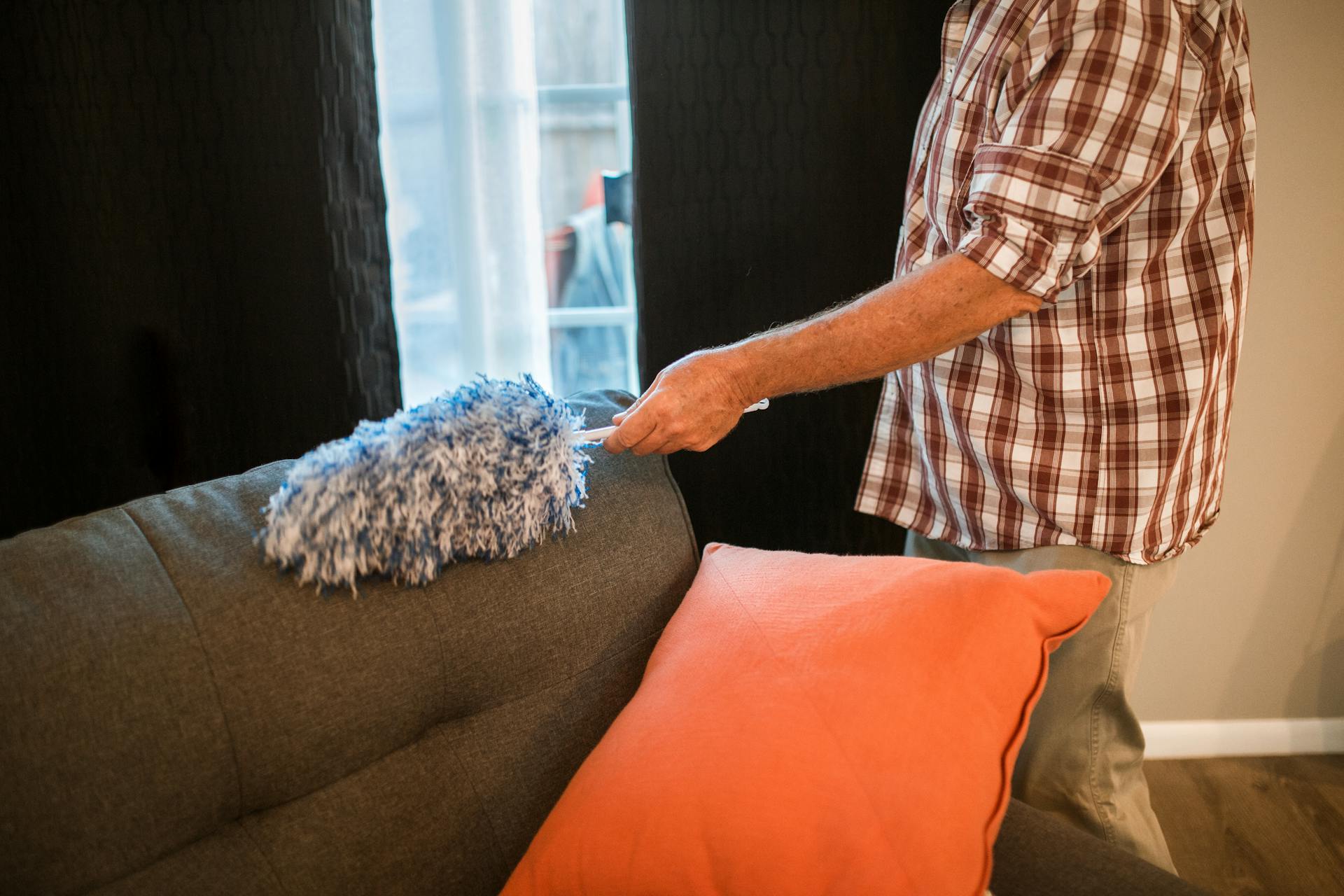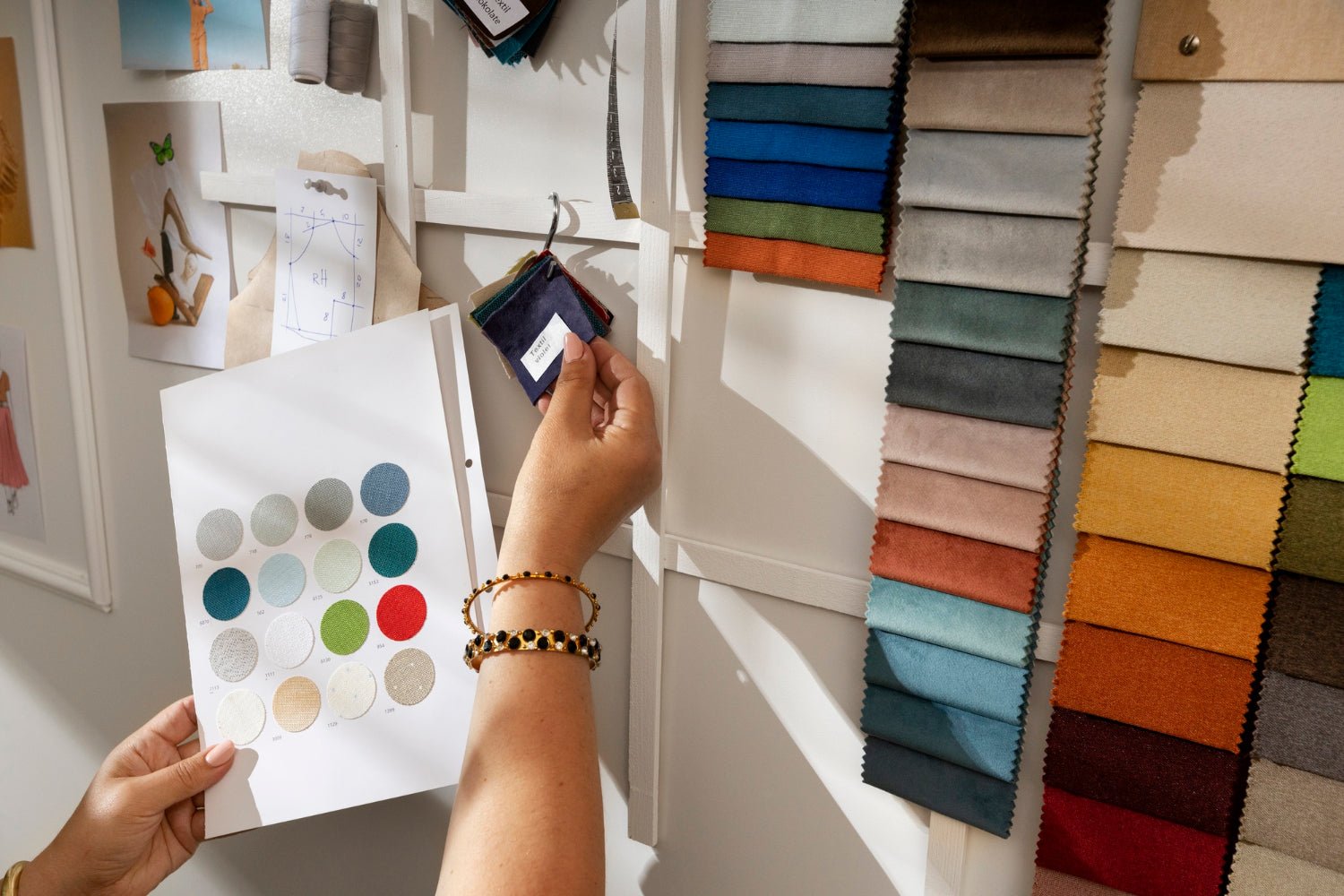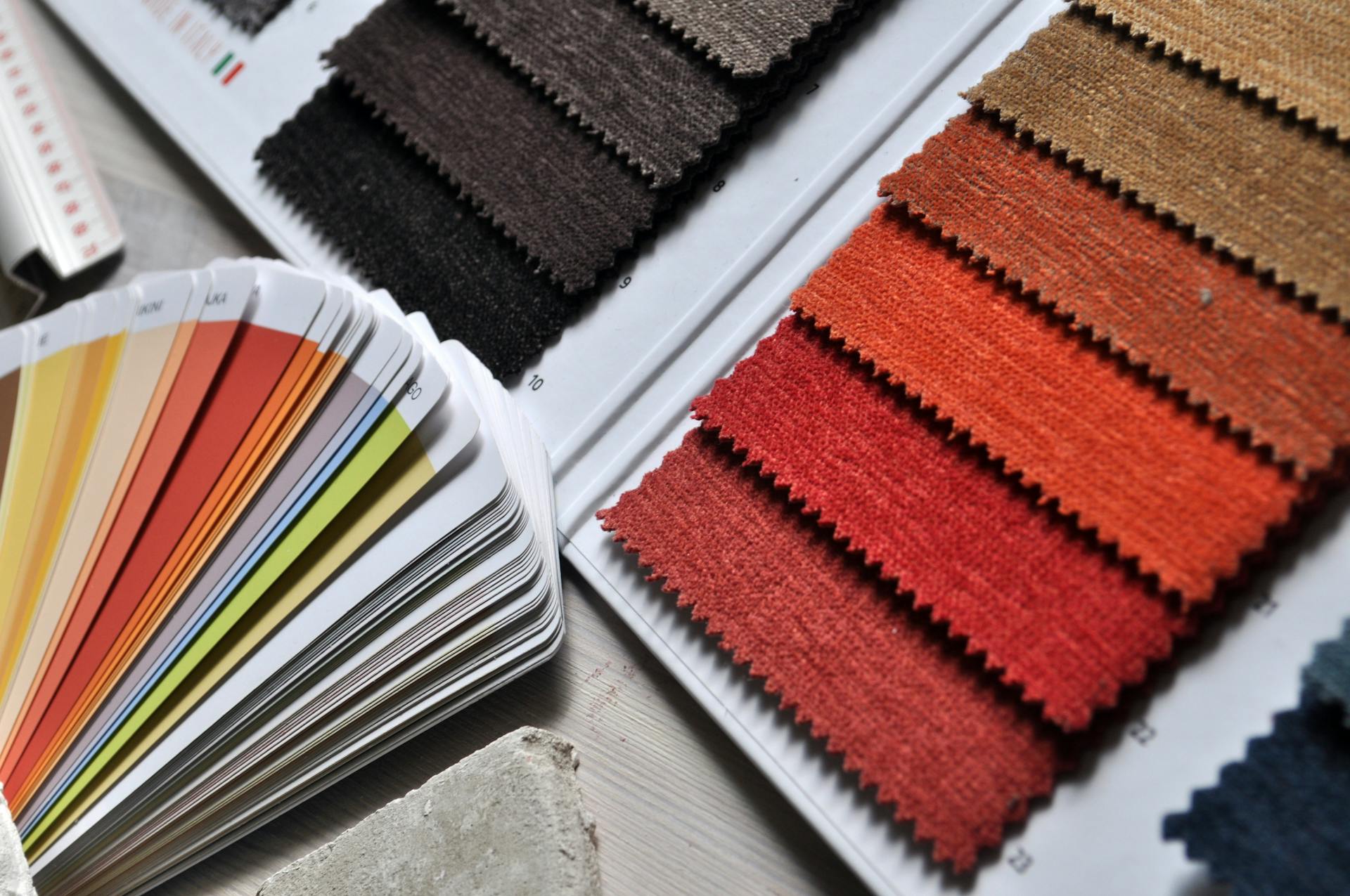How Often Should I Clean My Couch?
Quick Summary
Couches, whether you call them sofas, fabric sofas or sectionals, should be vacuumed weekly and deep cleaned every 6–12 months. Homes with children or pets may need more frequent cleaning, while leather sofas require conditioning every few months. Regular cleaning ensures comfort, hygiene and durability.
Table of Contents
• Why Regular Sofa Cleaning Matters
• Daily and Weekly Cleaning Habits
• How Often to Deep Clean a Couch
• Signs Your Couch Needs Cleaning Now
• Cleaning Tips for Different Sofa Materials
• Maintaining Your Couch Between Cleans
• Cleaning Frequency Table
• Frequently Asked Questions
• Conclusion
Why Regular Sofa Cleaning Matters
A sofa is the centerpiece of the living room. It collects dust, crumbs, pet hair and allergens that can harm air quality. Keeping your couch clean improves your health and extends the life of your furniture.

Daily and Weekly Cleaning Habits
Daily care keeps your sofa looking fresh. Brush crumbs away and fluff cushions to avoid fabric wear. Weekly vacuuming with an upholstery attachment removes dust from corners and prevents allergens from settling deep into the fabric. If you have pets, use a lint roller or brush more often to manage hair and odors.

How Often to Deep Clean a Couch
Fabric sofas should be deep cleaned every 6 to 12 months, more often if there are pets or kids. Leather sofas should be wiped monthly and conditioned every three to four months. Velvet and microfiber sofas benefit from a deep clean twice a year to keep their texture looking new. Professional upholstery cleaning once a year can remove allergens and restore brightness.

Signs Your Couch Needs Cleaning Now
Your sofa shows signs when it needs attention. Stains and discoloration on cushions, unpleasant odors, increased sneezing or allergies and dull or sticky fabric are all signals that it is time for a deeper clean.
Cleaning Tips for Different Sofa Materials
Fabric sofas should be vacuumed regularly and cleaned with mild products. Leather sofas should never be cleaned with harsh chemicals, but conditioned to prevent cracks. Velvet and microfiber sofas need gentle spot cleaning and brushing to maintain their fibers.
Maintaining Your Couch Between Cleans
Between deep cleans you can protect your sofa with removable covers, rotate cushions to prevent sagging, and spot clean spills immediately. Fabric fresheners or baking soda can also help neutralize odors.

Cleaning Frequency Table
| Sofa Type | Vacuuming | Deep Cleaning | Special Care |
|---|---|---|---|
| Fabric Sofa | Weekly | 6–12 months | Mild upholstery cleaner |
| Leather Sofa | Monthly wipe | 3–4 months | Condition to prevent cracks |
| Microfiber Sofa | Weekly | Twice a year | Brush fibers after cleaning |
| Velvet Sofa | Weekly | Twice a year | Spot clean immediately |
| With Pets | Every 2–3 days | 3–6 months | Hair removal and odor control |
Frequently Asked Questions
How often should I vacuum my sofa?
At least once a week, more often with pets or children.
Can I steam clean my fabric sofa?
Yes, if the care label allows it. Some fabrics are not suitable for steaming.
Is vacuuming enough for sofa maintenance?
Vacuuming removes dust but does not eliminate deep stains or bacteria.
Do leather sofas need special care?
Yes, they should be conditioned every three to four months.
When should I hire professionals?
Once a year for most households, every six months for heavy use.
Conclusion
A clean sofa is a comfortable and inviting one. With weekly vacuuming, seasonal deep cleaning and simple daily habits, your couch can stay fresh for years. Regular care not only keeps it looking beautiful but also makes your home healthier.




 Confex Sofas
Confex Sofas Sofio Poufs
Sofio Poufs



Share:
When Were Couches Invented and Why?
5 Signs You Need a New Sofa.